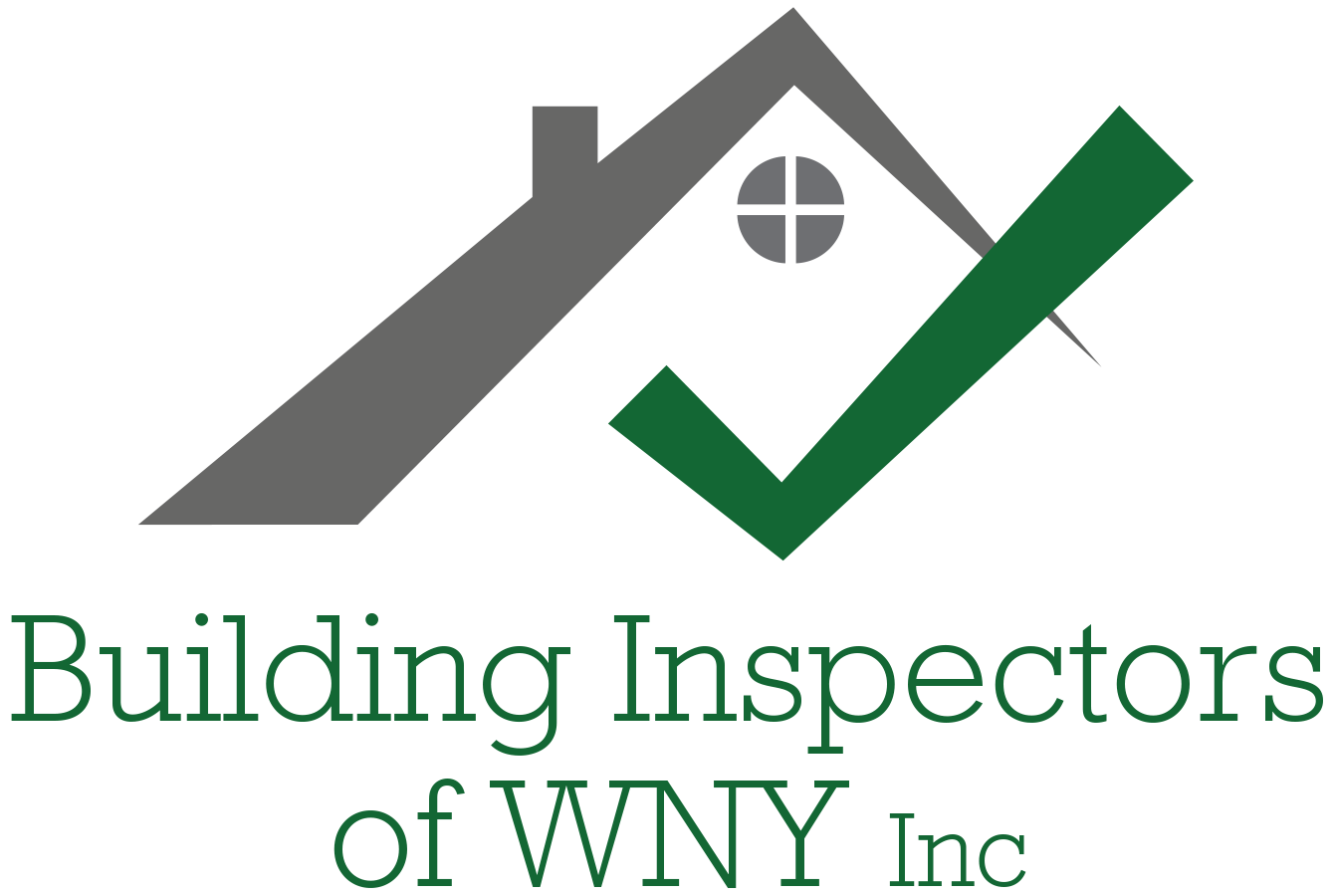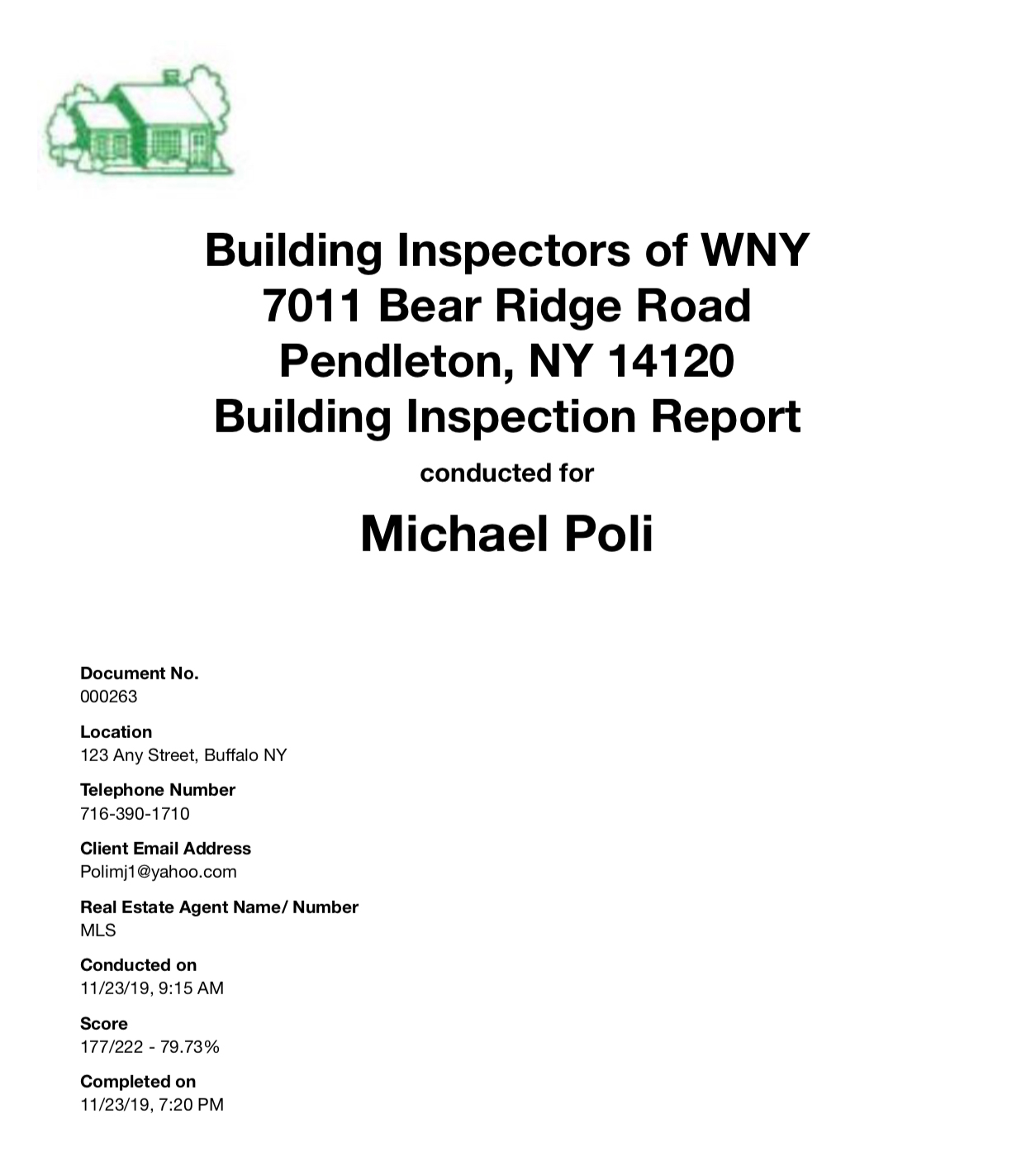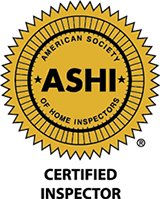Phone: 716-694-7735
Email: [email protected]
Residential Home Inspections
Home Inspection Company Serving Buffalo, NY
When purchasing a home, which is such a large investment, getting a home inspection is a critical step in the process. Your licensed structural engineer from Building Inspectors of WNY will perform a visual house inspection of the property in accordance with the American Society of Home Inspector (ASHI) standards of which we are a certified member.
Home Inspections For Your Residential Property
Our team is extremely thorough throughout our home inspections. If additional services are requested, we will also perform radon testing to ensure that the cancer-causing radioactive gas is not present within your property.
Having a professional home inspection completed on any property is an important step before purchasing. Structural damage, foundation problems, cracks, and leaks can easily go unnoticed. By choosing a complete home inspection from Building Inspectors of WNY, you can help reduce the chance of buying a property with structural issues.
When purchasing a home, be sure to have it inspected by the most experienced people in the business. Foundation issues can pose a real concern to homeowners. All visible walls and foundation areas should be inspected for cracks and leaks. If left unchecked, problems like this can lead to larger, costly structural repairs down the road. Save money now by trusting the home inspectors from Building Inspectors of WNY.
Listed Below Are Real Life Examples of Home Inspection Issues
- Missing cap shingles on roof
- Amateur attic rafter framing
- Evidence of previous basement fire
- Bowed basement block wall
- Unsafe amateur electrical wiring
- Unwanted pests such as bats, hornets, etc
- Damaging cracks in walls
- Water Damage
- Poor Drainage
![]()
To inspect your roof and chimney, we look closely at the roof to determine the number of roofing layers, age of roof and we suggest any repairs. We evaluate the roof for any major movements related to attic structure. We evaluate roof ventilation, soffits, facia and flashings. The chimney is then verified to ensure it is structurally adequate.
To inspect the exterior of the structure, we evaluate the house siding, with specific emphasis on the structure, looking for bowing walls or other movement. Our report indicates the type of siding, and evaluates the windows and doors. After a careful inspection of the exterior, we make recommendations for any improvements or repairs.
Here at Building Inspectors Of WNY Inc, our foundation inspection process evaluates the basement structure for any cracking, bowing and or settling. If required, we make recommendations for structural repairs. We also evaluate the main supporting structure for any deficiencies. As a structural engineer, I have the authority to provide recommendations for structural repairs, if required. By law, a foundation inspector cannot make any recommendations or certify the structural integrity of a building, only licensed engineers have the qualifications to provide that information. I also evaluate basement drainage at the interior areas.
When inspecting a structure's plumbing, we evaluate the main water line supply to the house, the condition of the water supply system, and we make any recommendations for improvement. We evaluate the plumbing drain lines and vents to the main sewer. We flow water to visually verify the main sewer line is not plugged to the street. We look at the sump pump system discharge and make and suggestions and recommendations.
During a heating & cooling inspection, we evaluate the system and identify the type and adequacy of the system. The furnace is checked for proper venting and chimney connection. We identify any suspected asbestos insulation on piping. We then make recommendations for improvements where applicable.
For an electrical inspection, we evaluate that the size of the system is adequate for the building. The exterior supply service is inspected for proper installation. We evaluate the interior electrical system, wiring, panels, and outlets for proper operation and make any recommendations. if applicable. We identify any safety concerns associated with wiring circuits and identify the existence of aluminum wiring, if present. I pull the main panel cover off to evaluate the system. The electrical system is one of the most important systems related to safety in the building along with proper furnace venting.
When inspecting the attic, we evaluate the attic supporting structure for proper support. Then, we look at the type and the thickness of insulation and verify that the attic is properly ventilated. Ventilation of attics are typically not done correctly, which is why inspection is so important. Improperly ventilated attics can result in the growth of mold.














